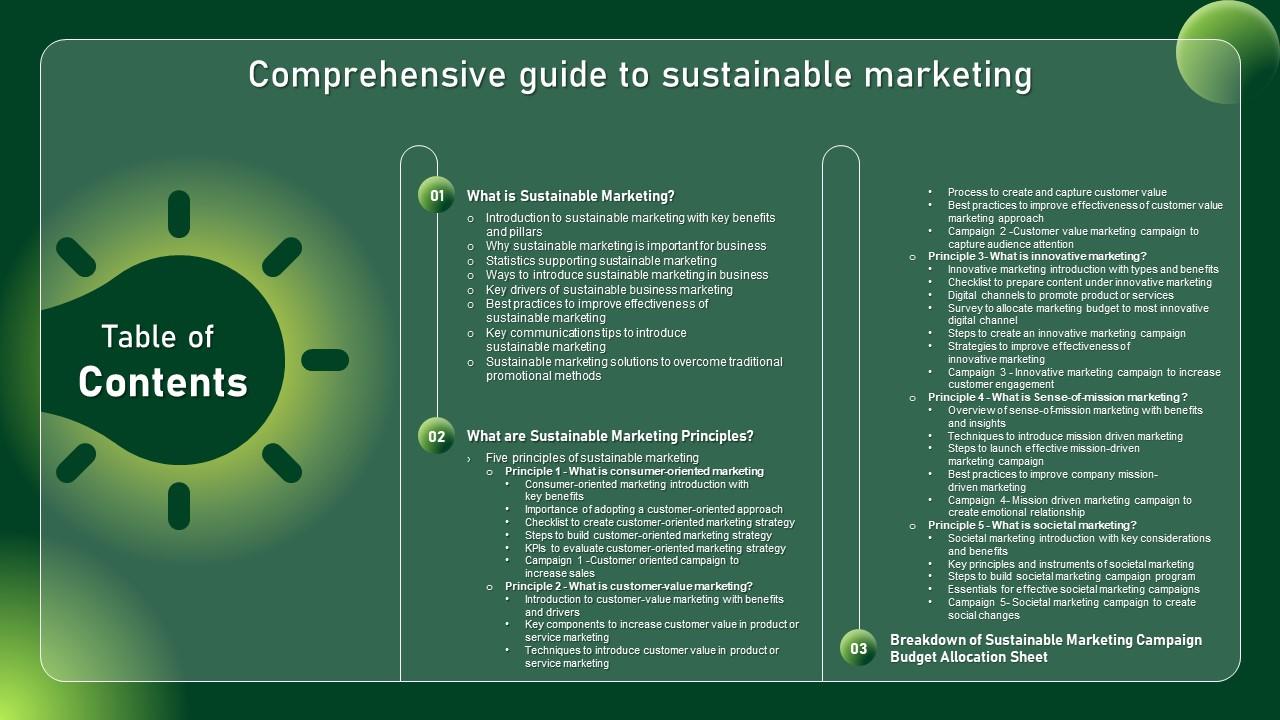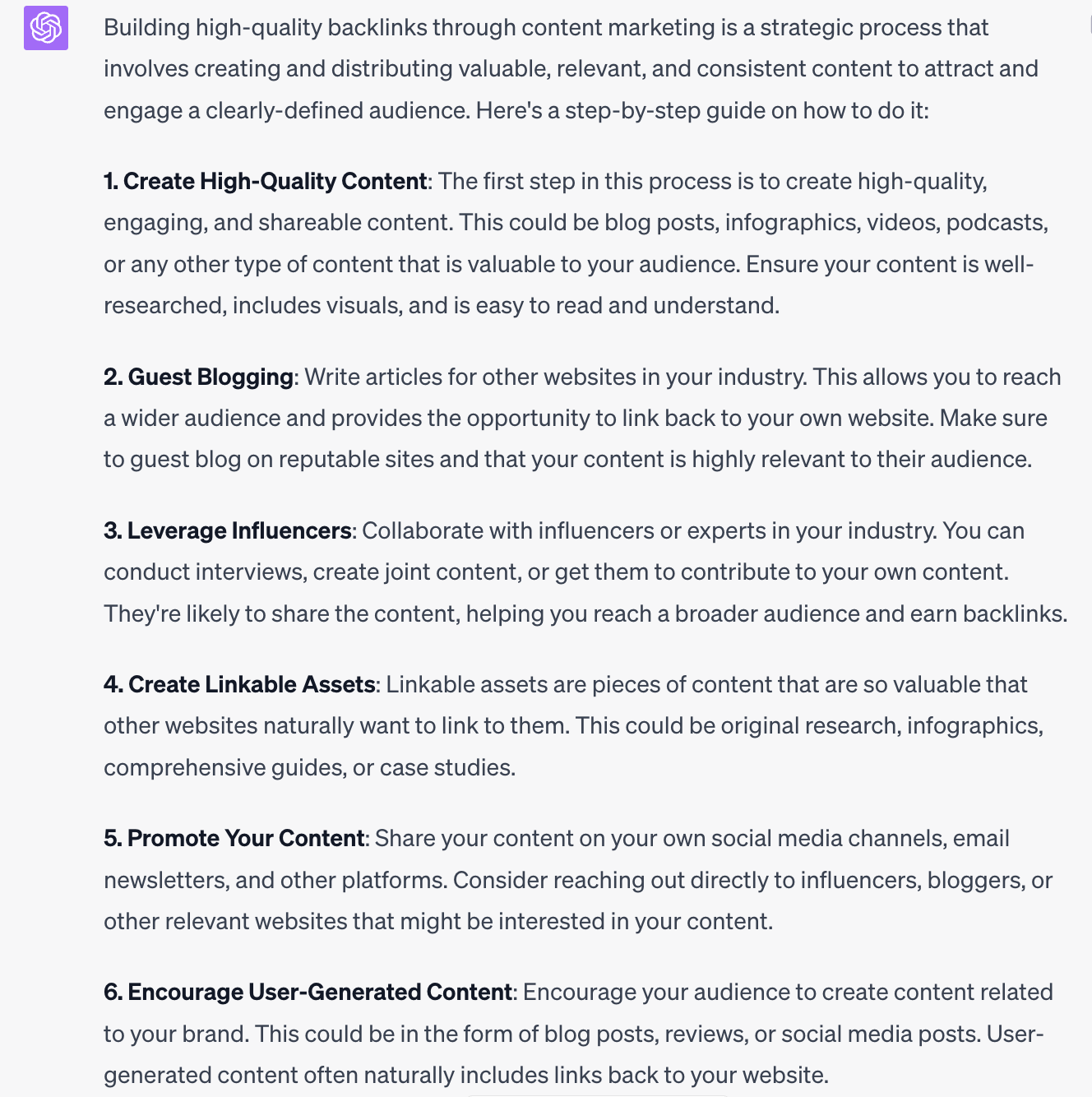5 Types of Content Marketing: A Comprehensive Guide
There are four basic types of content marketing: written, audio, video, and image. Most businesses use multiple forms of content to engage with their audiences across various platforms.
Content marketing is a strategy that focuses on putting the customer at the center of a brand's messaging. In today's digital age, content marketing has become an essential part of any successful marketing strategy. It involves creating and distributing valuable, relevant, and consistent content to attract and retain a clearly defined target audience.
This content can take various forms, each with its own unique benefits and advantages. By utilizing different types of content marketing, businesses can effectively communicate their message and connect with their customers on multiple platforms. We will explore five types of content marketing and how they can be used to enhance your marketing efforts.
▶▶ Read more : Top 10 Benefits of Influencer Marketing
Types Of Content Marketing
Content marketing comes in four basic forms - written, audio, video, and image. Most businesses use several forms of content to engage with their audiences across platforms like social media, websites, and ads. This form of marketing puts the customer at the heart of a brand's messaging.
Content marketing is an essential aspect of digital marketing that allows businesses to connect with their audiences and build brand awareness. It involves creating and sharing valuable and relevant content to attract and engage customers. There are several types of content marketing that businesses can use to reach their target audience and deliver their brand message effectively. In this article, we will explore four primary forms of content marketing: written content, audio content, video content, and image content.
Written Content
Written content is one of the most common and widely used forms of content marketing. This includes blog posts, articles, whitepapers, eBooks, and case studies. Written content allows businesses to provide valuable information, educate their audience, and establish themselves as industry experts. It is an effective way to attract organic traffic to websites and improve search engine visibility. Whether it's a detailed how-to guide or an insightful blog post, written content offers businesses a platform to share their knowledge and engage with their audience.
Audio Content
Audio content has gained significant popularity in recent years, thanks to the rise of podcasts and audiobooks. It allows businesses to connect with their audience through audio recordings, interviews, discussions, and storytelling. Audio content provides a convenient and easily accessible way for people to consume information while multitasking or on the go. With the increasing demand for audio content, businesses can leverage podcasts and other forms of audio content to reach a wider audience, build brand loyalty, and establish thought leadership within their industry.
▶▶ Read more : Top 10 Real Estate Social Media Marketing Companies in 2024
Video Content
Video content is a highly engaging and visually appealing form of content marketing. It includes videos, vlogs, webinars, live streams, and product demonstrations. Video content allows businesses to deliver their message in a more interactive and dynamic manner. It enables them to showcase their products or services, tell stories, and connect with their audience on a personal level. Video content is highly shareable, making it an effective tool for generating brand awareness and increasing engagement across social media platforms and websites.
Image Content
Image content plays a crucial role in content marketing, as visuals have the power to captivate and resonate with the audience. This includes infographics, memes, illustrations, photographs, and visual representations of data. Image content allows businesses to convey information in a visually appealing and digestible format. It can simplify complex concepts, highlight key points, and evoke emotions. Using eye-catching images can help businesses grab their audience's attention, increase click-through rates, and make their content more shareable.

Credit: www.upliftcontent.com
Examples Of Each Content Type
Content marketing comes in various forms, including blogs, videos, infographics, case studies, and eBooks. These different types of content allow businesses to engage with their audience across social media, websites, and ads, putting the customer at the center of a brand's messaging.
Blogs
Blogs are one of the most common and effective types of content marketing. They provide valuable information to the audience and help establish the brand as an expert in its industry. The following are examples of different types of blogs:
- How-to Guides: These blogs provide step-by-step instructions on various topics, helping the audience solve specific problems.
- Listicles: List-based blogs are popular as they present information in a concise and organized format. For example, "10 Tips for Effective Time Management."
- Industry Insights: Blogs that discuss industry trends, news, and insights prove the brand's knowledge and keep the audience informed.
- Product Reviews: Brands can write blogs that review their own products or feature reviews from satisfied customers.
▶▶ Read more : Top 10 Content Marketing Strategy Examples 2024
Podcasts
Podcasts have gained popularity in recent years as a form of content marketing. They allow brands to connect with their audience through audio content. Here are some examples of podcast types:
- Interviews: Brands can invite industry experts or influencers for interviews, providing valuable insights to listeners.
- Storytelling: Podcasts that tell engaging stories related to the brand's niche can captivate the audience and keep them coming back for more.
- Educational: Brands can create podcasts that educate the audience on specific topics, sharing their expertise in an easily consumable format.
- Q&A Sessions: Brands can interact with their audience by taking and answering questions in a podcast format.
Videos
Videos are an incredibly engaging form of content marketing. They allow brands to visually showcase their products, services, or stories. Some examples of video content include:
- Product Demos: Brands can create videos that demonstrate how their products work, highlighting the features and benefits.
- Tutorials: Tutorial videos that provide step-by-step instructions on various topics are highly valuable to the audience.
- Behind-the-Scenes: Brands can create videos that take the audience behind the scenes, showing the process of creating their products or running their business.
- Testimonials: Videos featuring satisfied customers sharing their positive experiences with the brand can help build trust and credibility.
▶▶ Read more : How to Start Social Media Marketing As a Beginner: Master the Basics!
Infographics
Infographics are visually appealing and informative content pieces that present data, statistics, or complex information in a concise and easy-to-understand manner. Some examples of infographic topics include:
- Statistics: Infographics that present statistical data and trends can help the audience understand complex information quickly.
- Comparison: Brands can create infographics that compare different options or products, helping the audience make informed decisions.
- Process Explanation: Infographics can visually explain a complex process or concept, making it easier for the audience to grasp.
- Timeline: Infographics that depict a timeline of events or milestones in a specific industry or brand's history can be visually appealing and informative.
Content Marketing Strategy
An effective content marketing strategy should have these five core elements to be successful:
Understanding your target audience is crucial for any content marketing strategy. By creating audience personas, you can identify their demographics, interests, pain points, and motivations. This information helps you tailor your content to resonate with your audience and deliver value to them.
▶▶ Read more : How to Create a Marketing Funnel: A Step-by-Step Guide
Your brand story is the narrative that defines your brand's values, mission, and purpose. It sets you apart from competitors and helps build a strong emotional connection with your audience. Incorporating your brand story into your content marketing strategy allows you to communicate your unique proposition and create a consistent brand experience.
Your content marketing mission is the overall objective or goal you want to achieve through your content. It could be increasing brand awareness, generating leads, driving sales, or establishing thought leadership. Defining your content marketing mission helps you align your content creation and distribution efforts towards your desired outcomes.
The business case for content marketing outlines the value it brings to your organization. It includes metrics and data that demonstrate how content marketing can contribute to revenue growth, customer acquisition, customer retention, and other business goals. Building a strong business case helps secure support and resources for your content marketing initiatives.
Your action plan outlines the specific steps and tactics you will take to execute your content marketing strategy. It includes content creation, distribution channels, editorial calendars, SEO optimization, social media promotion, and performance tracking. Developing a comprehensive action plan ensures that your content marketing efforts are structured and well-coordinated.

Credit: www.slideteam.net

Credit: www.singlegrain.com
Frequently Asked Questions For 5 Types Of Content Marketing
1.What Are Different Types Of Content Marketing?
Ans: Different types of content marketing include: blogs, videos, infographics, case studies, eBooks, user-generated content, checklists, memes, testimonials/reviews, podcasts, social media, newsletters, free tools, courses, visual content, lead magnets, and email. These forms are used to engage audiences across various platforms like social media, websites, and advertisements.
Content marketing focuses on putting the customer at the center of a brand's messaging.
2.What Are The 5 C's Of Content Marketing?
Ans: The 5 C's of content marketing are: 1. Context: Tailoring content to the specific needs and interests of the target audience. 2. Consistency: Creating and publishing content regularly to maintain engagement and build trust. 3. Clarity: Delivering clear and concise messages that are easy to understand.
4. Credibility: Establishing trust and expertise through accurate and reliable information. 5. Call to action: Encouraging the audience to take a specific action, such as making a purchase or signing up for a newsletter.
▶▶ Read more : Why is Social Media Marketing Important? - The ultimate guide
3.What Are The 5 Essential Elements Of A Content Marketing Strategy?
Ans: An effective content marketing strategy should include these 5 essential elements: audience personas, brand story, content marketing mission, business case, and an action plan. These elements help businesses engage with their target audience and deliver a cohesive and meaningful message.
4.What Are The 5 Components Of Marketing?
Ans: The 5 components of marketing are audience personas, brand story, content marketing mission, business case, and an action plan. These components are essential for an effective content marketing strategy.
Conclusion
Content marketing encompasses various forms — written, audio, video, and image. To effectively engage with audiences, businesses often utilize a combination of these content types across platforms like social media, websites, and ads. The key to successful content marketing lies in understanding your target audience, crafting a compelling brand story, defining a content marketing mission, making a business case, and creating an action plan.
By implementing these core elements, businesses can create impactful content that resonates with their customers and drives results.








ফিউচার ড্রীম আইটির নীতিমালা মেনে কমেন্ট করুন। প্রতিটি কমেন্ট রিভিউ করা হয়।
comment url